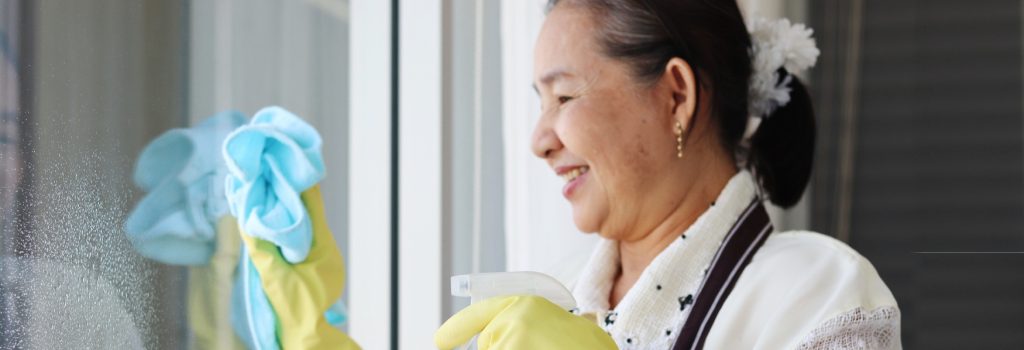If you are not used to employing domestic workers, you may not be comfortable with having household employees as an expat. But before you draw a line in the sand, there is much to consider.
Quite a contrast
When one Western European expat partner relocated to India, she was disapproving of the expats with household staff. It seemed a little ‘colonial’ in her eyes. But she soon discovered this was the norm for middle-class / dual-income Indian families. Nevertheless, she decided against following suit: “It would feel strange to have someone else in the house with me. I have no kids so I also don’t see the need.”
Moral dilemma
But in some cases, expats might discover a housekeeper (or perhaps even a gardener) essentially comes with the house. “If you were to tell the landlord you don’t need staff, you would feel like you are disrupting the natural order of things,” one expat partner in Southeast Asia told us. “Employing household staff is a way to contribute to the local economy. If you need privacy at certain times, you just have to set the schedule and establish boundaries.”
Mum’s the word
There are also benefits to having an extra set of hands around the house. “Expat life has been a very productive time for me,” said an expat partner and mother of two living in Rwanda, where she has begun a masters course online. “But I would never tell friends and families back home that I have a nanny, a cleaner, a driver and a part-time gardener – they just wouldn’t be able to process that!”
Positive impact
If you are moving to a developing country, it’s very likely that you will have the option of employing household staff. In 2022, the International Labour Organisation (ILO) reported there are around 67 million domestic workers worldwide. In Asia, due to ageing populations, it’s also a growing industry. Sadly exploitation of household staff is rife in many countries. In 2022, the Humanitarian Organization for Migration Economics (HOME) released a report documenting the “invisible wounds” that employers in Singapore often inflict on domestic workers, many of them female migrants from the Philippines, which highlights the need for better protection and improved policy. In the meantime, expats can make a positive impact on the industry by ensuring any household staff they hire receives a fair wage and good conditions.
This article was originally published for the thousands of expat partners that Global Connection supports around the globe. It is reproduced here in its original form.





